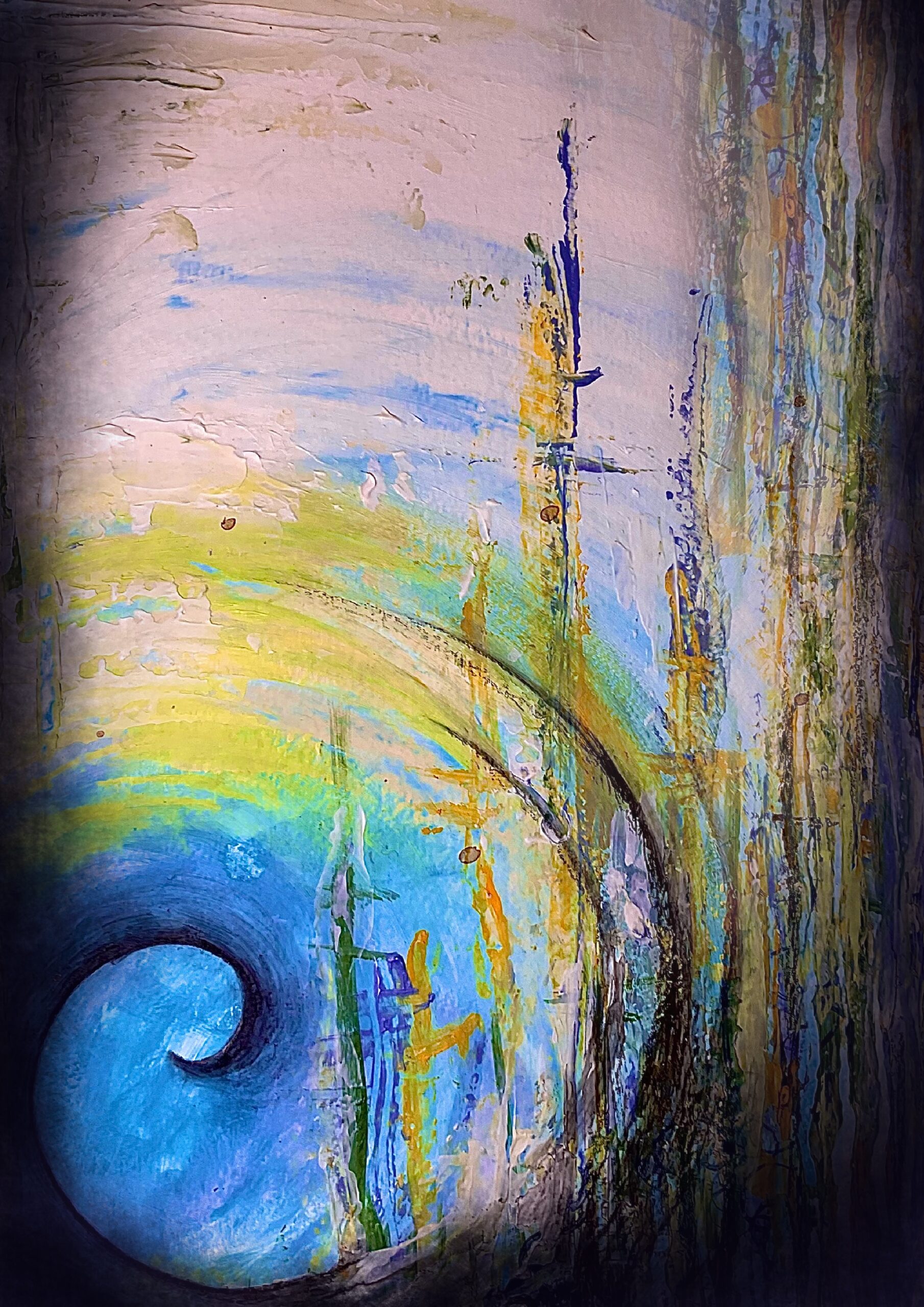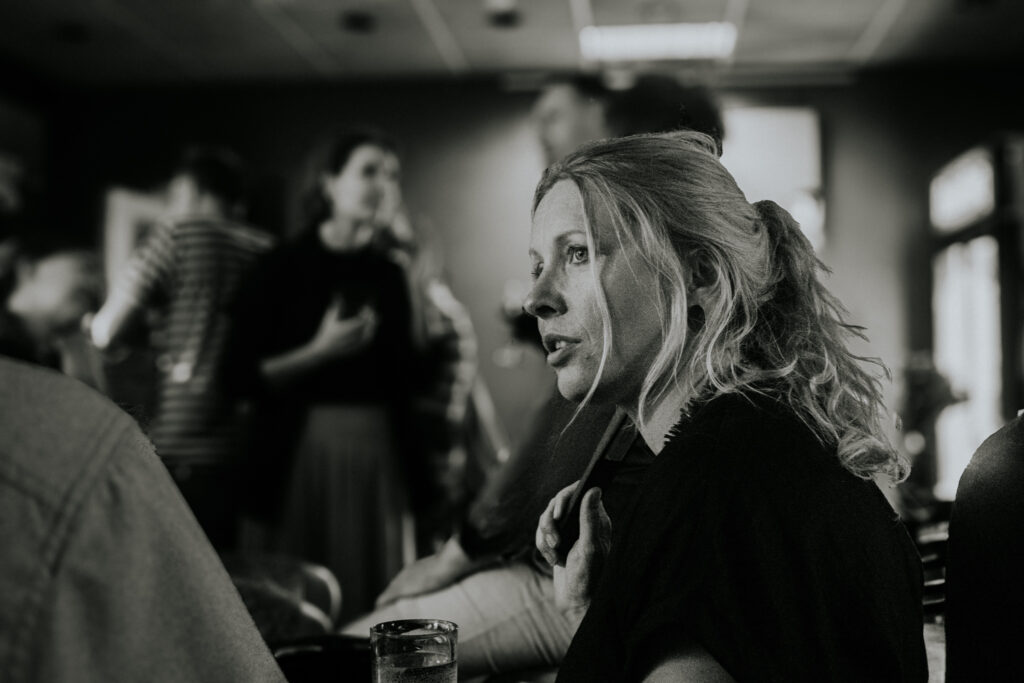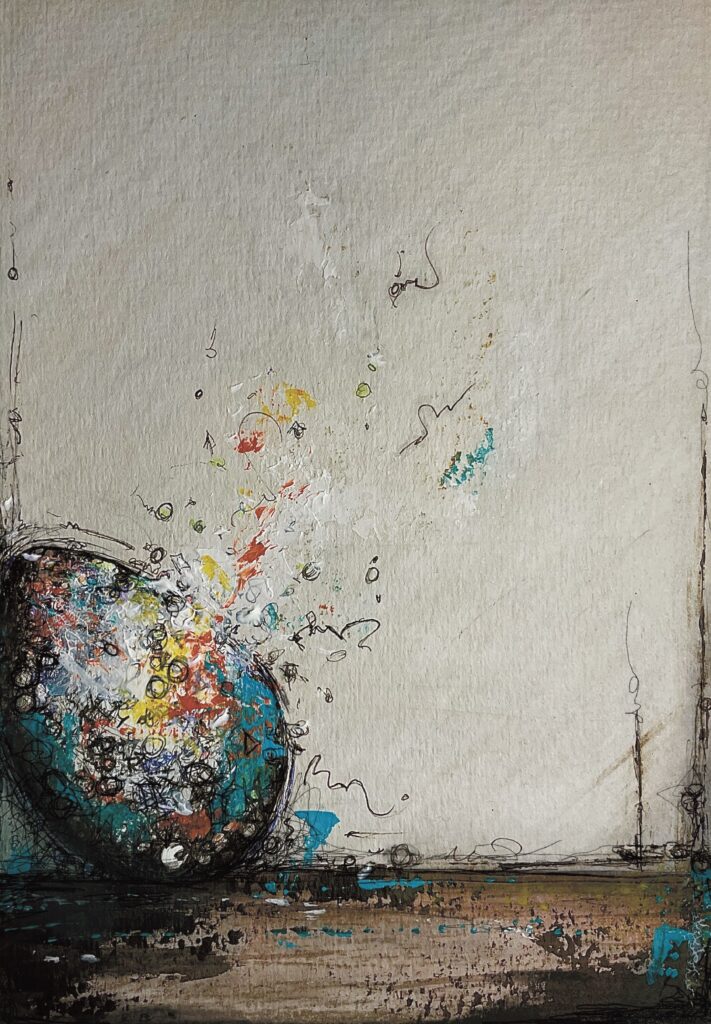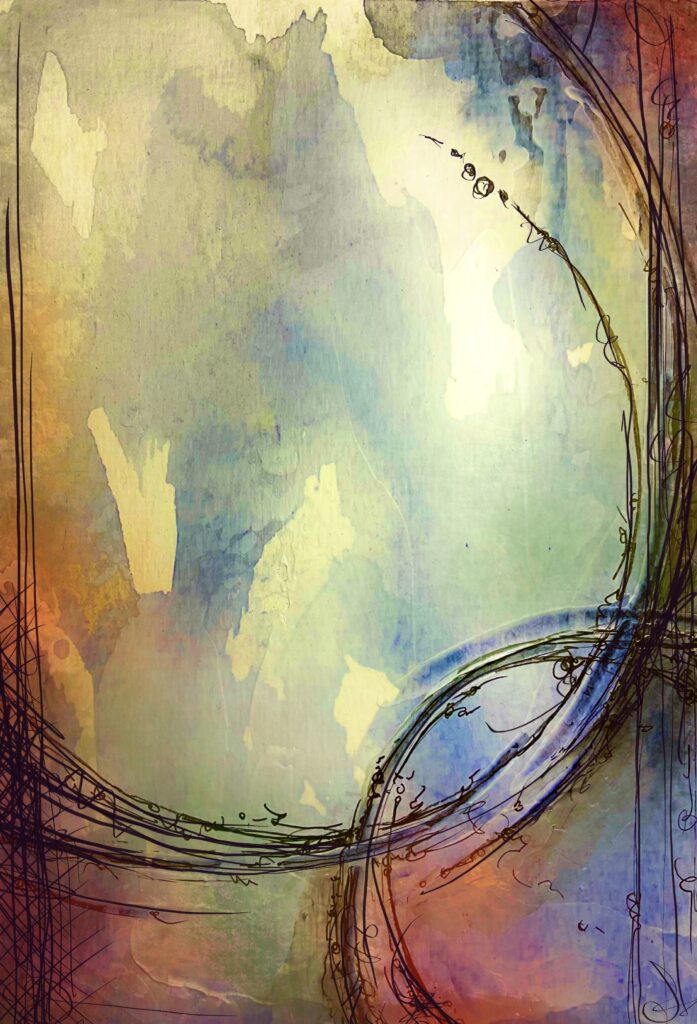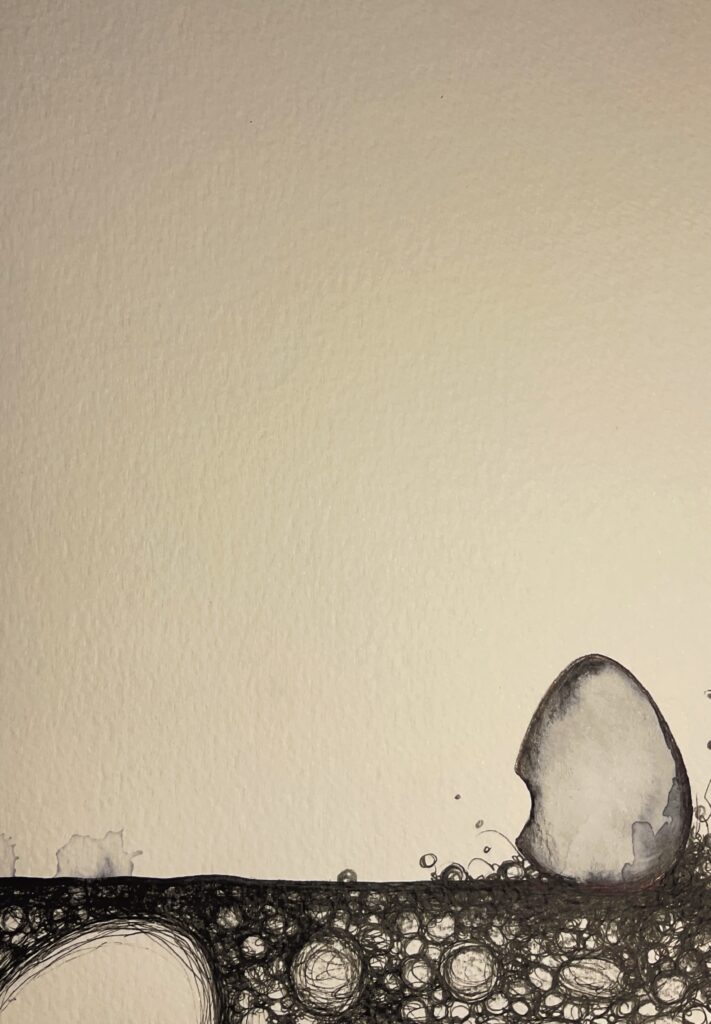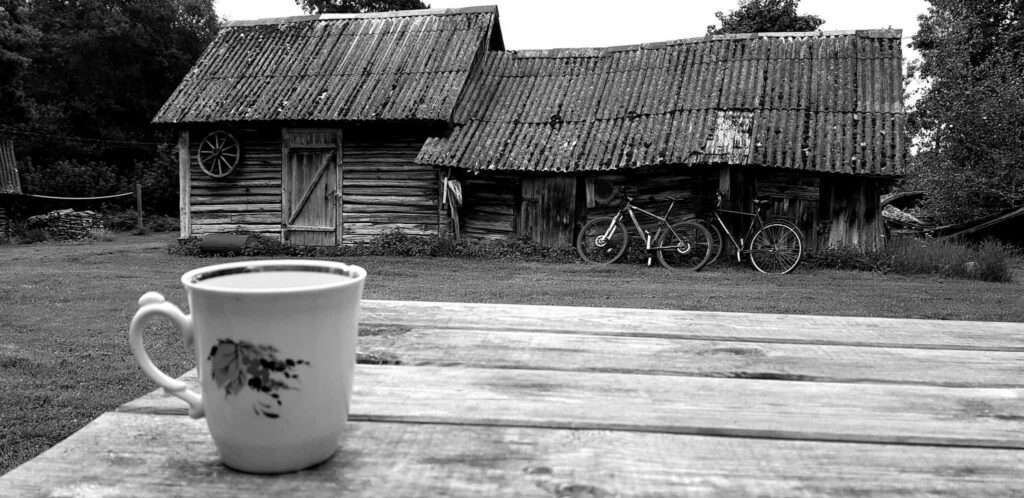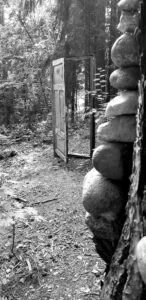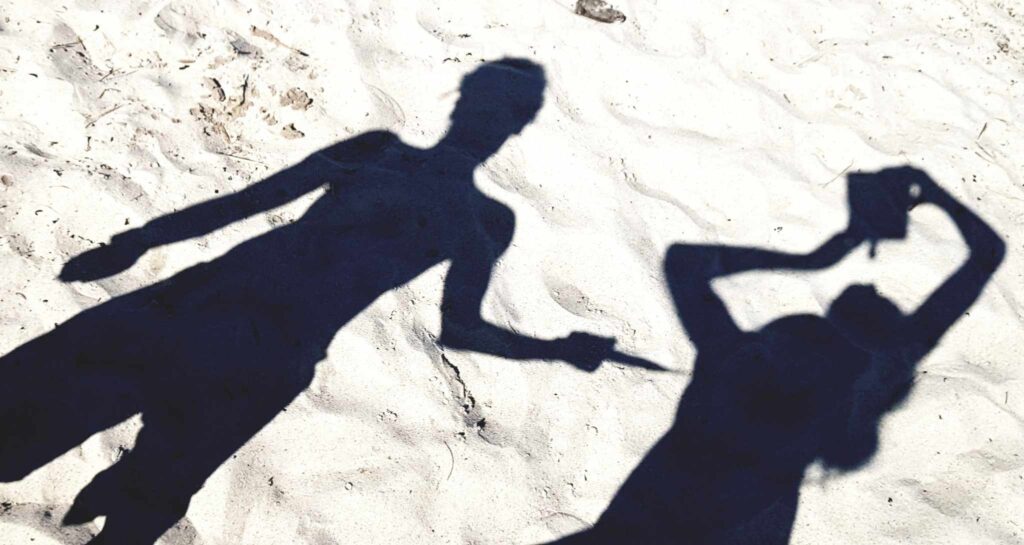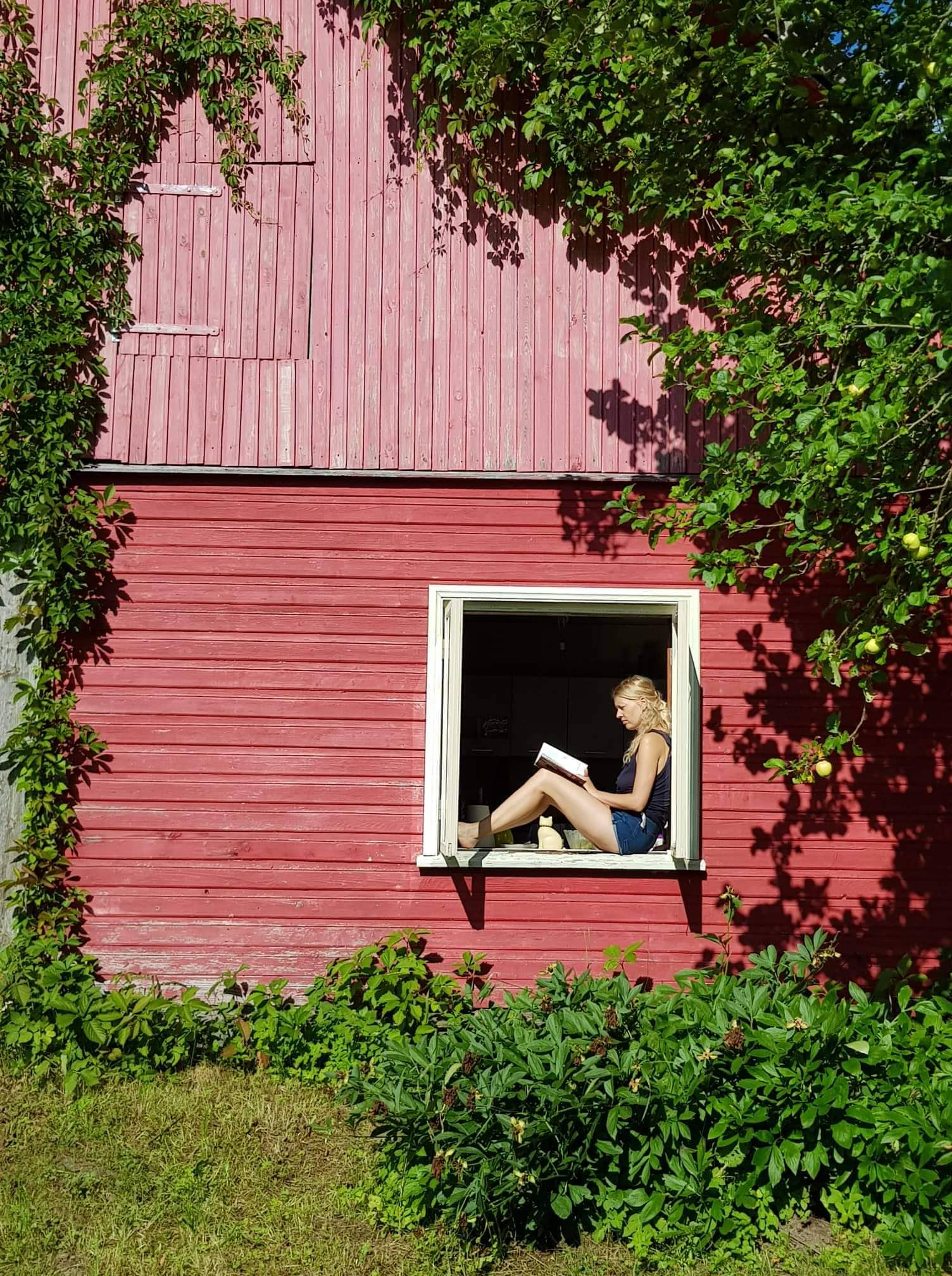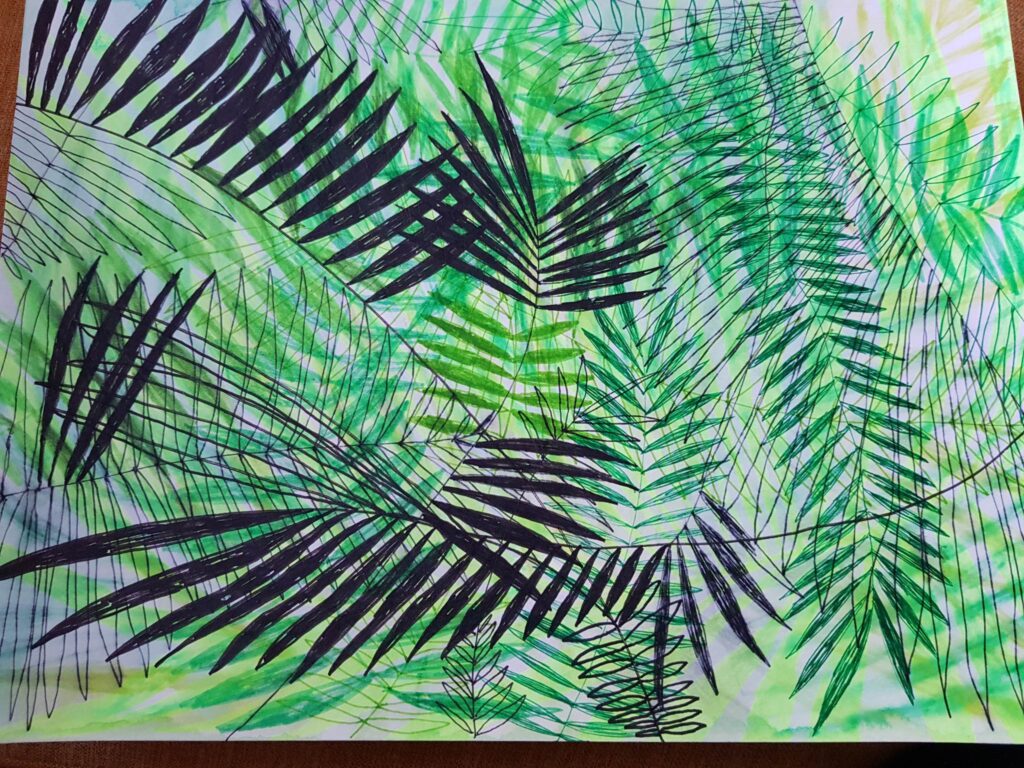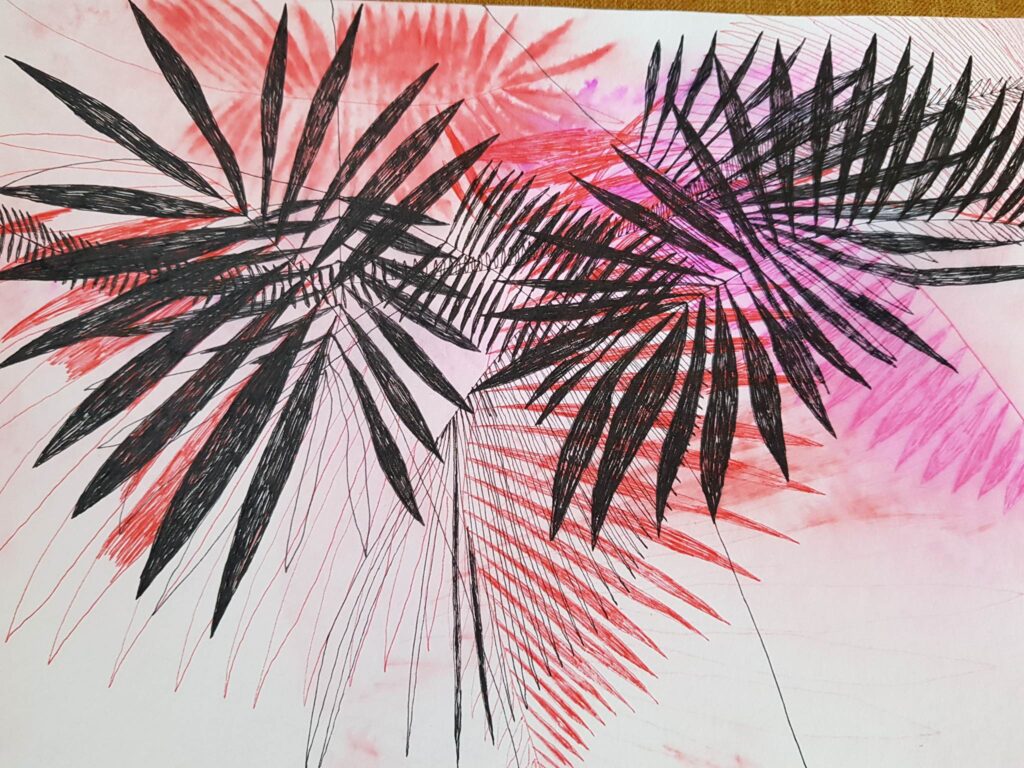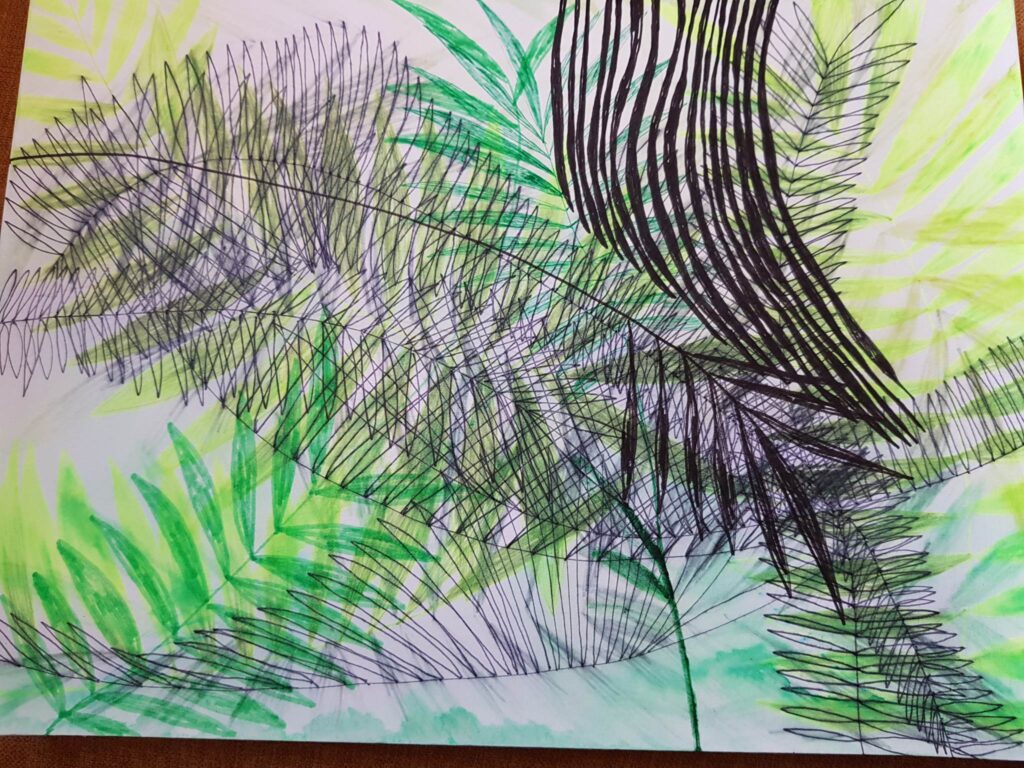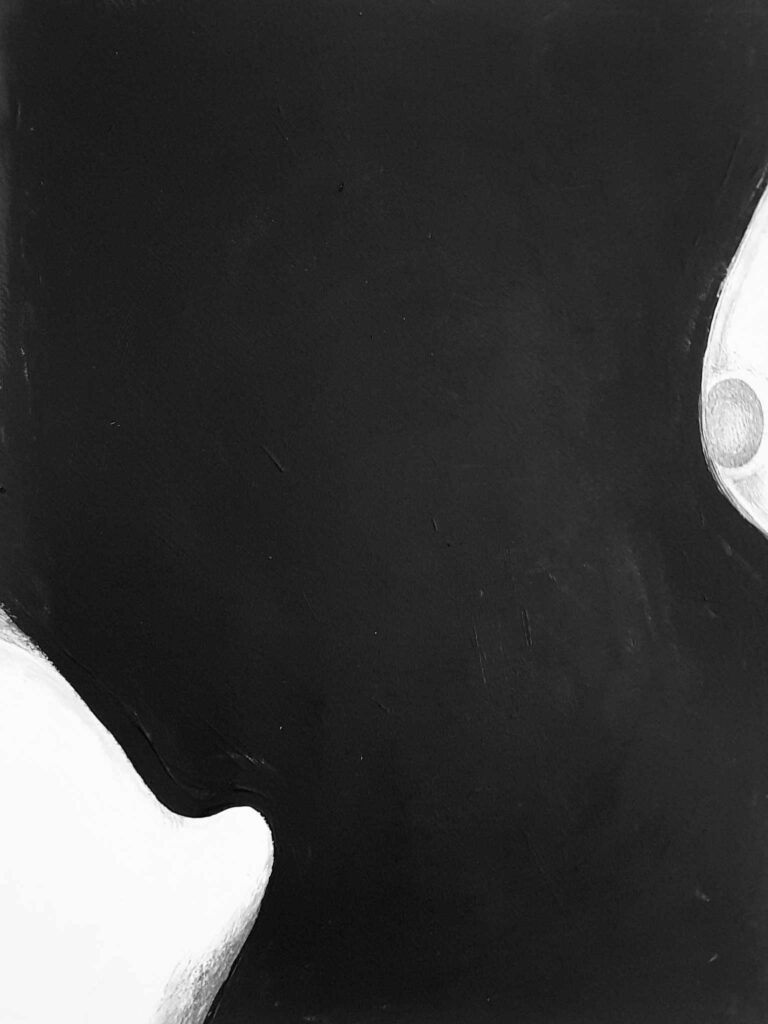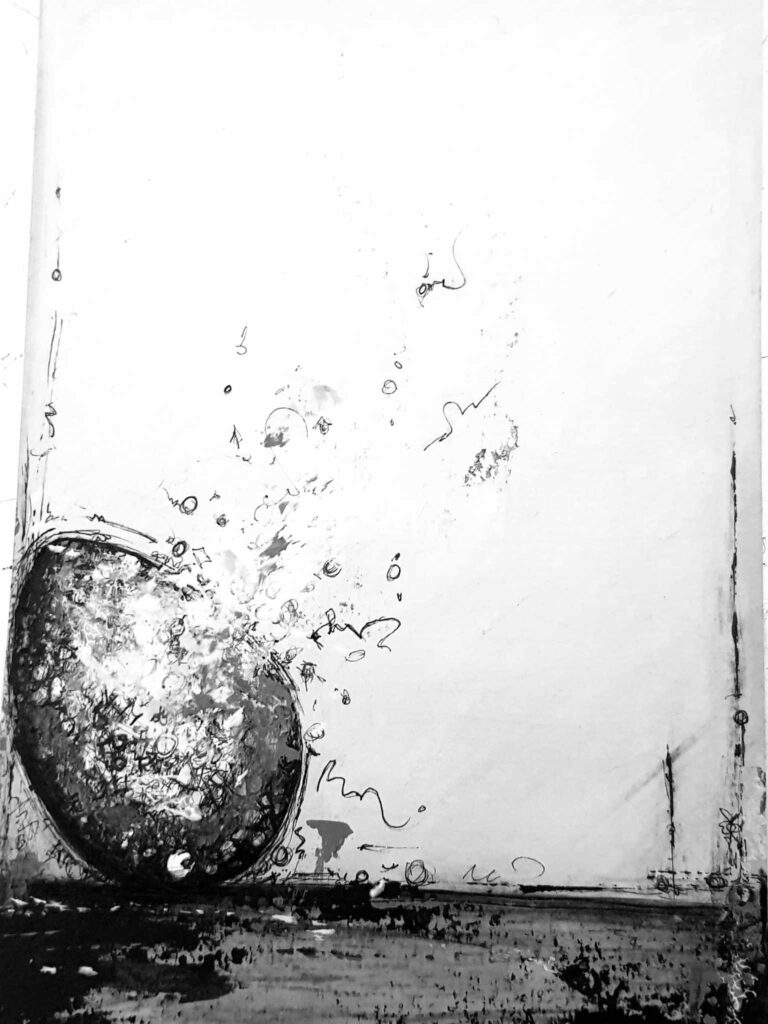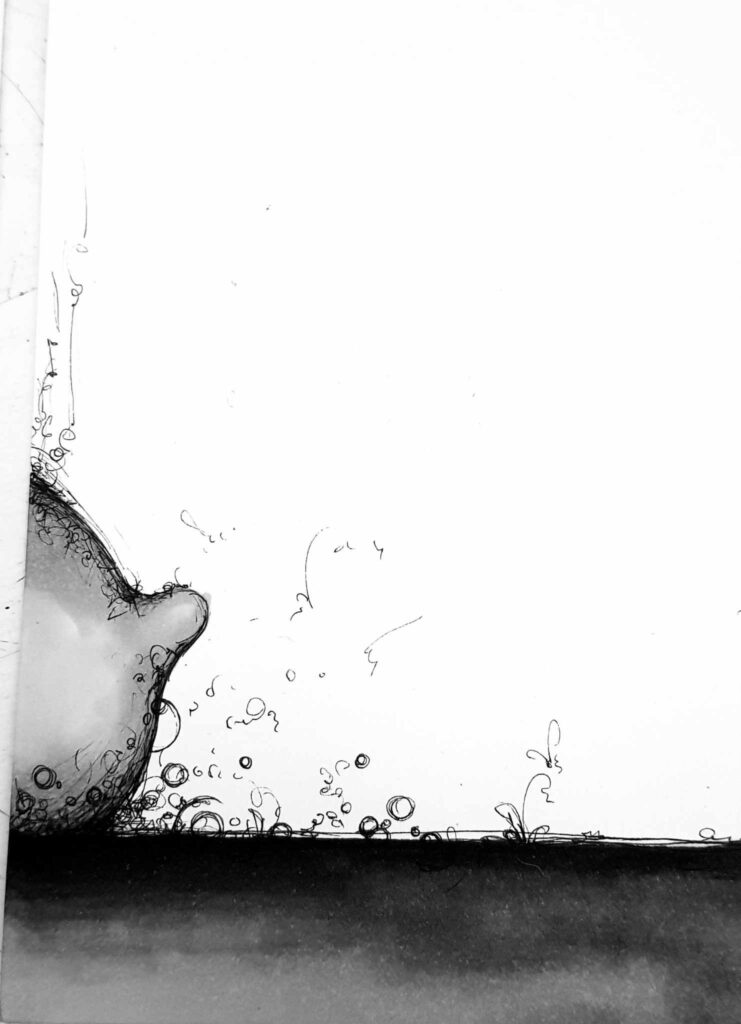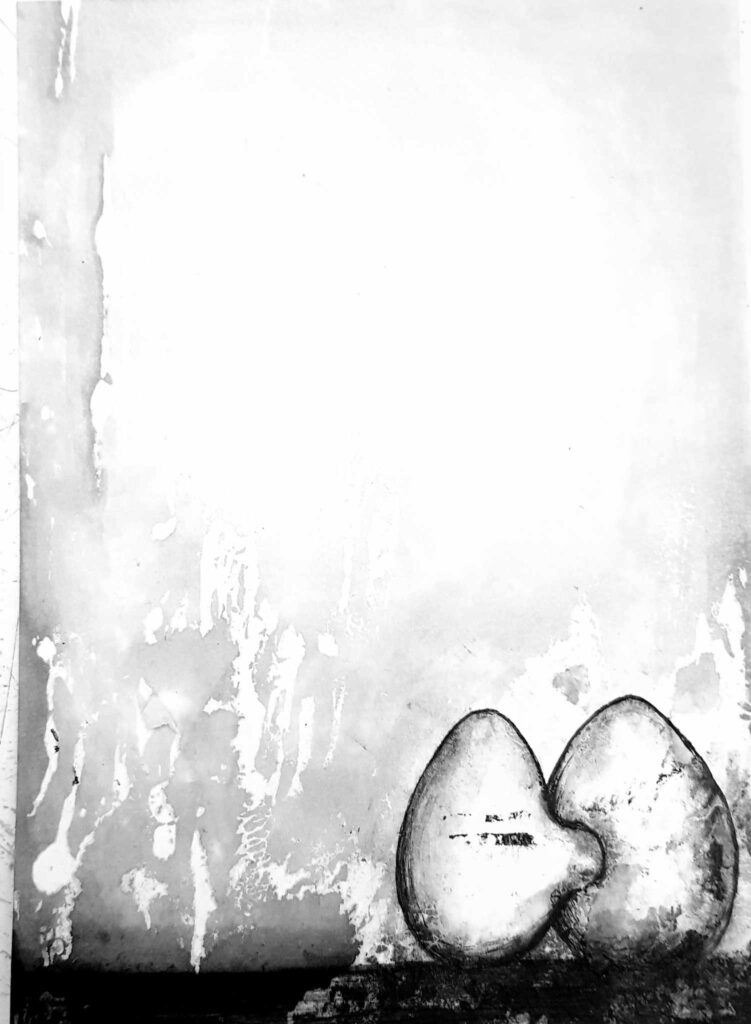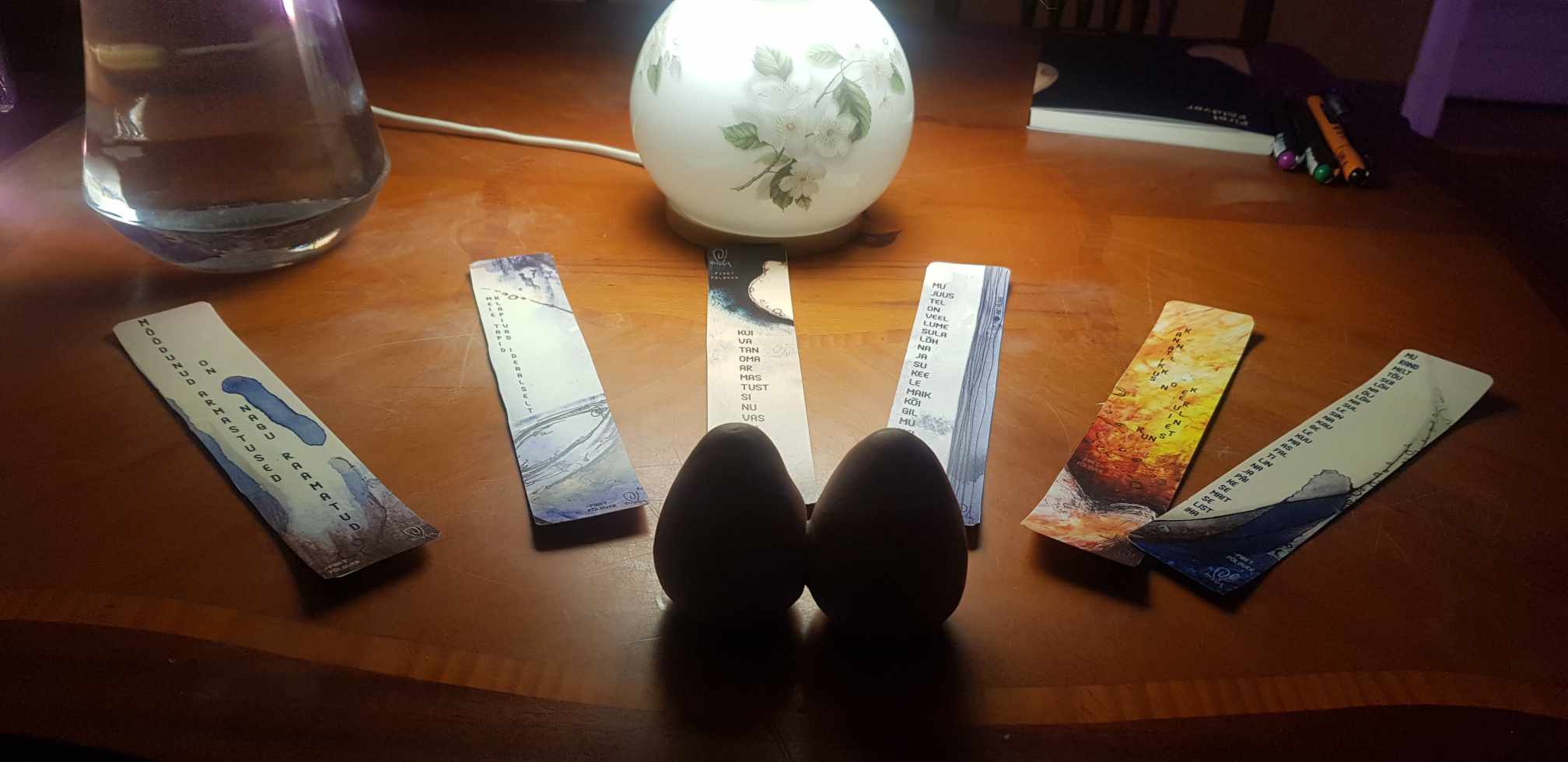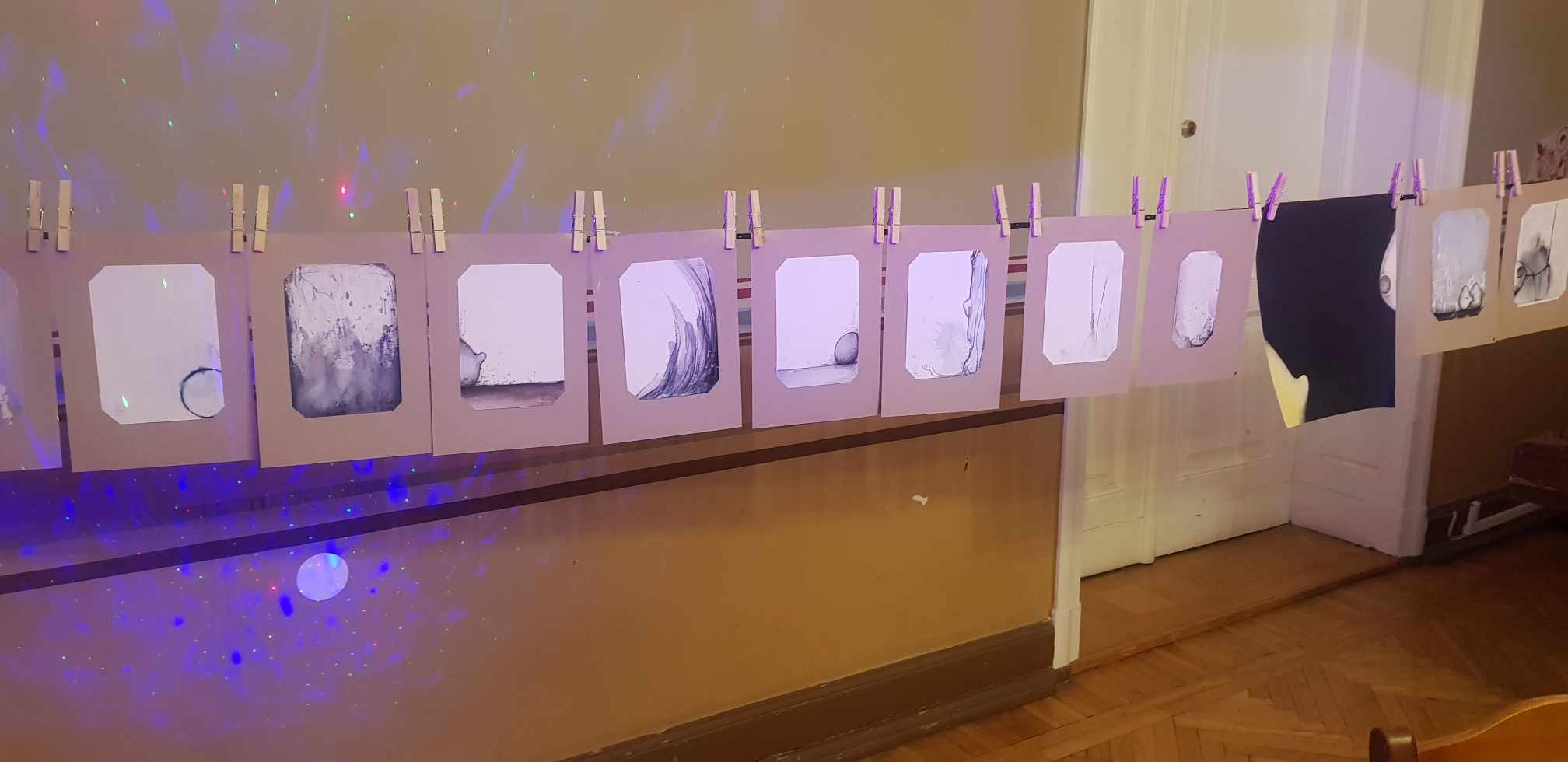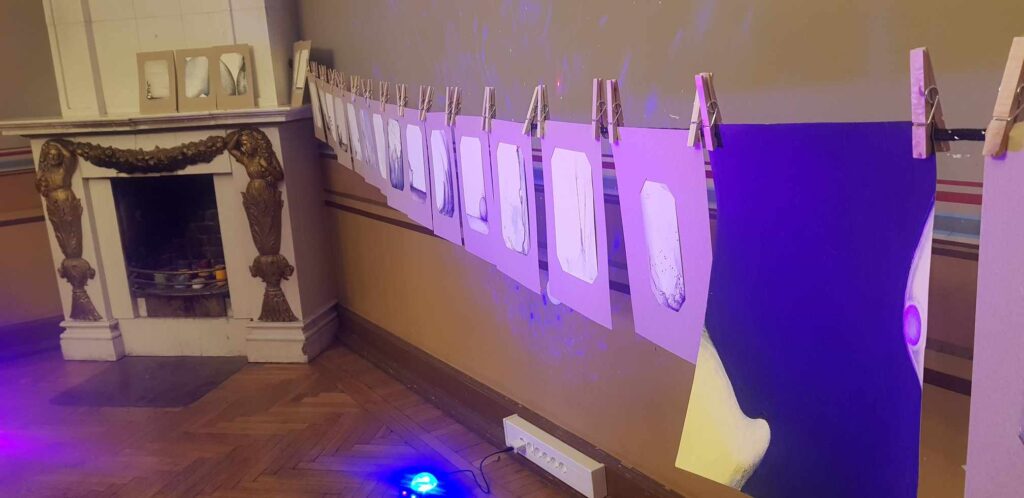Piret Põldver
is an Estonian author and a literary scholar.
She has published four books: three poetry collections Always So Abruptly (2020), Corners of a Mouth (2023) and Attraction (2024) and a book called Thrust (2022) consisting of a personal essay and interviews on the topic of alcohol and culture.
*
ahead of me bumbles
a child in a bright anorak
eating snow
everyone has lines
to steal across
supposing
they’re there
for someone else
Translated by Jonathan Roper
I dry my love for you
like a mummy.
It is very vibrant,
ever rising again
the moment it receives fresh air
or an expectation,
with shining sun or a sip of spring
it suddenly inhales, nostrils flaring,
and sits up in the sarcophagus.
As if the brain weren’t extracted through the nose,
as if the intestines weren’t stored in a jar,
it stirs and makes not the slightest crackle.
I dry my love for you
like papyrus
to paint fluid words upon it,
to preserve in a museum the memory of a delicate time,
but it flourishes like a living plant,
puts forth tendrils every morning,
when it rains,
when warmth rolls across the river,
when a flood carries fertile soil,
like weeds,
like dandelion blossoms.
I weed my love for you
like the neighbor-lady pulling dandelions from her stoop,
I toss it into a pail and dump it onto the compost heap,
but the flowers push their leaves through the concrete,
the roots do not break,
you can never rid of dandelions
once they’ve made themselves at home,
they’re so yellow and brilliant,
why even pluck them in the first place.
Translated by Adam Cullen
*
A ship has settled inside me.
When it was afloat, full-on parties raged there.
When things turned rough
and word was desperately needed, silence reigned.
Sea cast salt over its beams, rigging,
and sails, beat holes in its sides, flattened its mast.
No-one was ready for the sea’s moods.
Down will sink all the ships struck by silence.
The water surrounding is dark
and the sunlight so bright
that the ship’s silhouette merges with the sand.
Nothing that has reached the sea bed will decay.
Translated by Jonathan Roper
Our joints dovetail
delicately,
I see lines of the pattern of the past
wreathing their way across passions,
they entwine with yours
like the fingers of two hands,
lianas wind themselves
around gnarled trunks,
grape vines on the window of the old veranda
allow soft-green daylight to filter through,
I dash through the grasshoppers and warm rain
to fetch sheets and blouses of the past from the clothesline,
they have coursing purple stripes,
somewhat tasteless and cheap from a time
when gray was still visible beneath
the yellow paint peeling from the walls,
the floors coated in brown and red,
we’ve sanded it away,
sandblasted the log walls,
painted the house a new yellow,
burned the green wallpaper
and layers of newspaper beneath it,
I’m still fitting century-old joints,
breathing lines from the sheets and windowsills with my fingertips,
I can’t tell if they’re from that era or today,
beneath my fingers I feel bulges,
your body’s warmth,
the liana grows along legs and arms,
over the breastbone, up along the neck,
around the damp sheets that were stored in the chest,
the gnarled trunks, lines, and joints,
rain trickles from lips,
washing away layers,
dispelling pasts,
blending patterns in the kaleidoscope
into fresh white air.
Translated by Adam Cullen
*
Oozing from the eyes
chunks which it hurts
to swallow,
chunks you’d like to throw away,
as if in a dream
they’re back in your hand,
evening clings to the body like a fog,
makes the words cloggy,
the snow on the roads has melted in places,
partly slippery, dirty,
you make a hard effort
to melt the pieces of yourself,
to keep warm
and to have some light,
the trunks and tops of bare trees
appear through the mist,
the rain drizzles,
melting the ice and snow on the street into dirty water
and you have to be careful,
for until it melts away completely,
the streets are slippery,
people fall with this kind of weather,
ice chunks in the throat melt too slowly,
it’s like they won’t even move,
it squeezes,
weighs down in the chest,
spring is three months away,
three months until the leaves grow on the trees,
the dandelions push through the concrete,
by that time, you may have broken dreams
on the slippery ice,
that melts too slowly
on the streets and in the throat,
as like incubus pressing the chest,
the fog soaks the clothes.
Translated by Piret Põldver
*
I was talking with my friend
about a theory I’d heard that
a lifelong connection between two people
can sometimes simply be a case of
having lived through a strong emotion together:
like two strangers
standing next to one another, watching 9/11,
they both felt how the ground
was shaking beneath their feet,
truths drying up with a rustle, crumbling into a huricane,
barbed wire stretching through their bodies
which joins them with a quiet rattle,
and, perhaps,
I said to my friend,
perhaps falling in love is something similar,
when you fall, your values shatter,
you’re turned inside out
you’re touched by dark fears
and in fresh air
building the most cliché-filled future,
you stand in the street next to one another
but not really sure
if you are looking at wreckage or the new world
you’re building there
my friend said,
so, falling in love’s undergoing trauma then?
And I thought,
yes,
that’s probably right,
falling in love’s
a undergoing trauma.
Translated by Jonathan Roper
*
My grandmother smoked until she was 84
Although she had one lung only
The other one she lost in her early age due to tuberculosis
To smoke with one lung and in high age
Is not the same
As to manage a pack of cigarettes in thirties
Each morning started with 15-minute expectoration in front of the kitchen sink
After that she smoked half a cigarette
And sat pantingly in front of the TV
The other half of the cigarette she could continue only after a while
She stopped four years before her death
Since her spine broke
Just without a good reason
One day she woke up
Took few steps
And crack!
Broken
Later she told me that
The pain of giving birth to a child is unbearable
But breaking a spine is hundred times worse
Anyway
After breaking the spine, she quit smoking
Although her back got again well
Translated by Piret Põldver
*
My love
keeps today away from me,
as, one by one, a young Egyptian woman massages
toes that have trodden village-paths and stubblefields,
stepped between beds of dill and felt the thistles,
on the hollow dust.
My feet no longer know
the sting of the nettles’ needles.
I am lying face down in a chilly room,
reading the passage of the days off the walls.
A sharp southern sun breaks outside.
The linen touching my body strains to be bright
as the woman’s fingers strain to relieve
my shoulders and back,
which needed to be smeared with sour cream
after the sun’s hard treatment,
after a day’s splashing
in a neighbour’s murky pond.
Sometimes a fish touched my belly
like one of the goose quills
lying in my neighbour’s hay might have,
just beside the cow
where sun-warmed slurry fountains up between my toes.
I want to ask her
are you patient
when in the morning someone
touches your spine, how many
children did you have to hold,
who smoothes your shoulders and back?
At the same time and
on another continent
my beloved tilts his thoughts
away from me.
Translated by Jonathan Roper
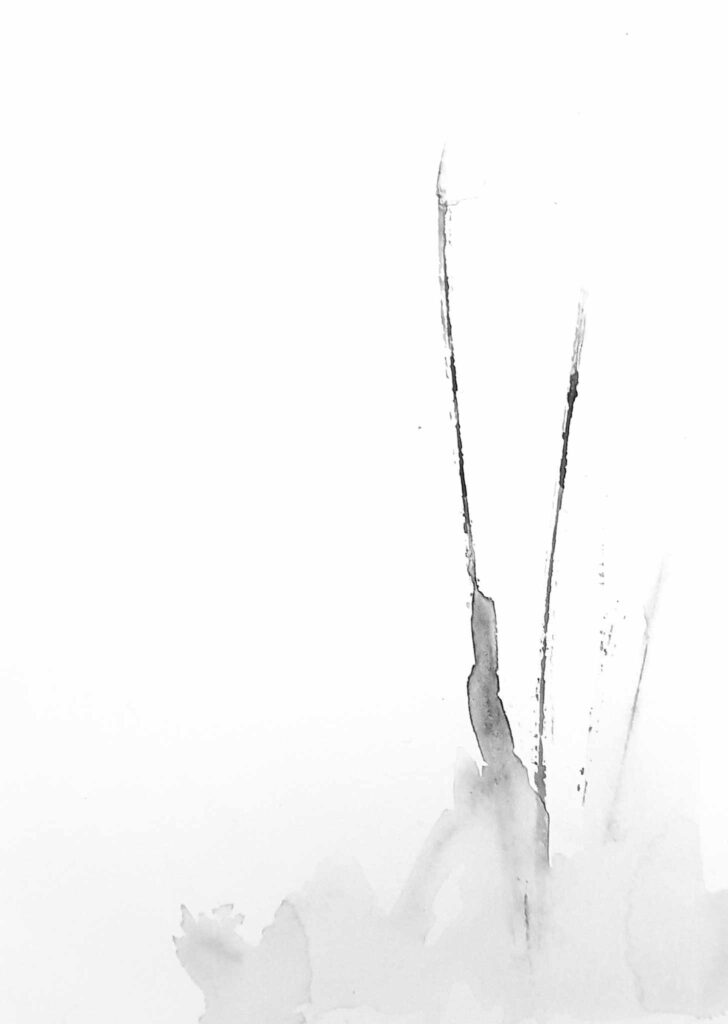
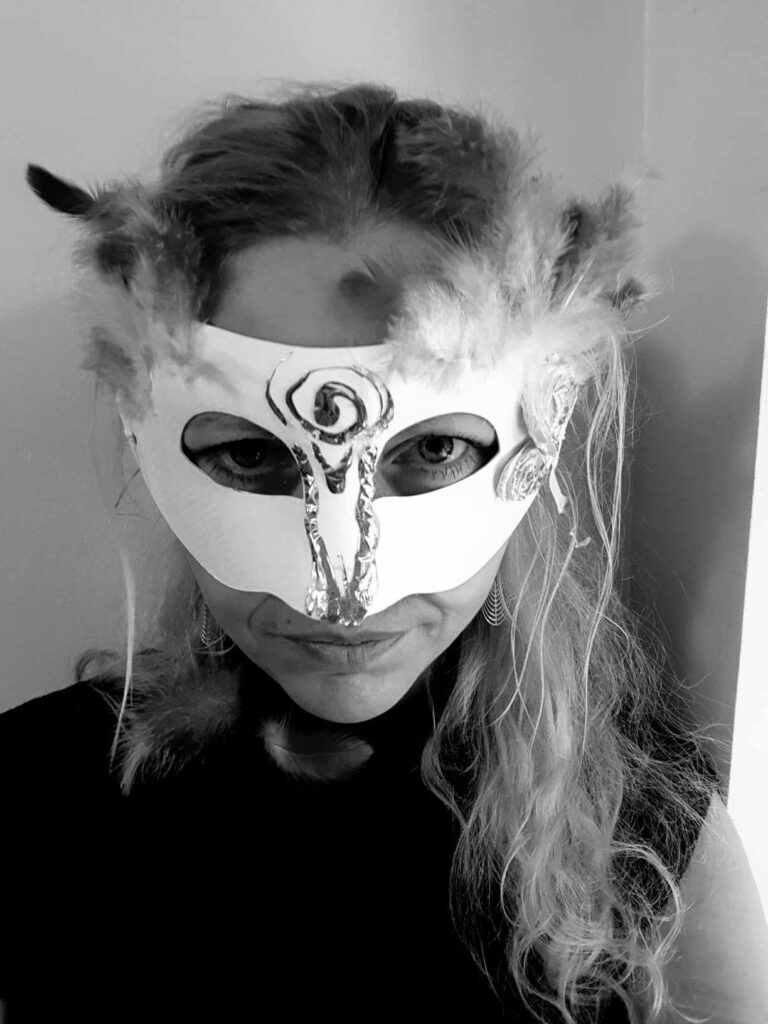
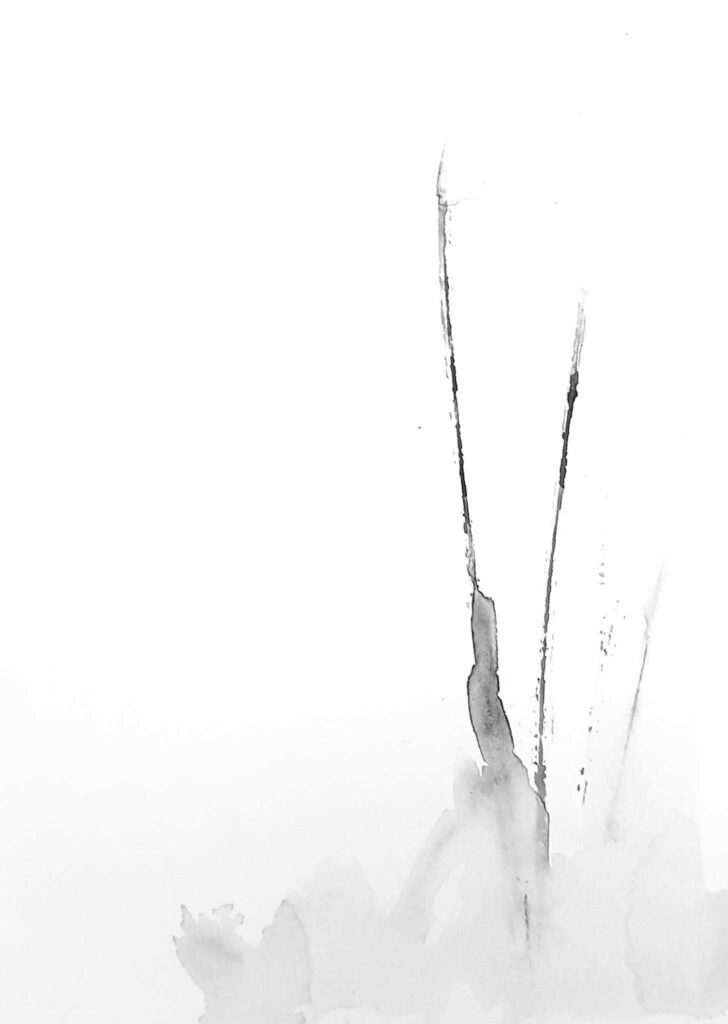
*
Past loves are like books.
Some you skimmed then threw aside.
You searched for the whole town for others,
and when you found them,
left on a shelf.
Some were at the bottom of a dusty pile
in a second-hand shop,
the margins filled with comments,
so in the end no-one knew
the real reader of the book.
Some you bought only because
of the pattern on the cover,
a golden line beside the title,
velvet as deep as moss in the autumn mist,
but you never bothered with the contents.
Some were like novels by Proust,
which you’d be happy to be buried with.
With some, the feeling lingers on,
even though you’ve long since grown apart –
they’re childish, a bit silly,
and it’s a little embarrassing
showing yourself with them around town,
but to be honest, you still click.
Some are full of wisdom
no-one follows.
How mny past loves
fit into my bookcase?
Translated by Jonathan Roper
*
When playing you cannot take
another body, throw on the chess-board
other fingers or eyes,
which don’t recognize the pawns on a chill surface,
you cannot postpone
the anxiety in a stomach
the treacherous steps
that legs dance under the table,
on a hook.
The pieces stay in their places
at a fingerprint-depth,
exploring
through the skin
the pathways somewhere
under the chest
where warmth or cold
draws down
whoosh
like a whirlwind.
Translated by Jonathan Roper
